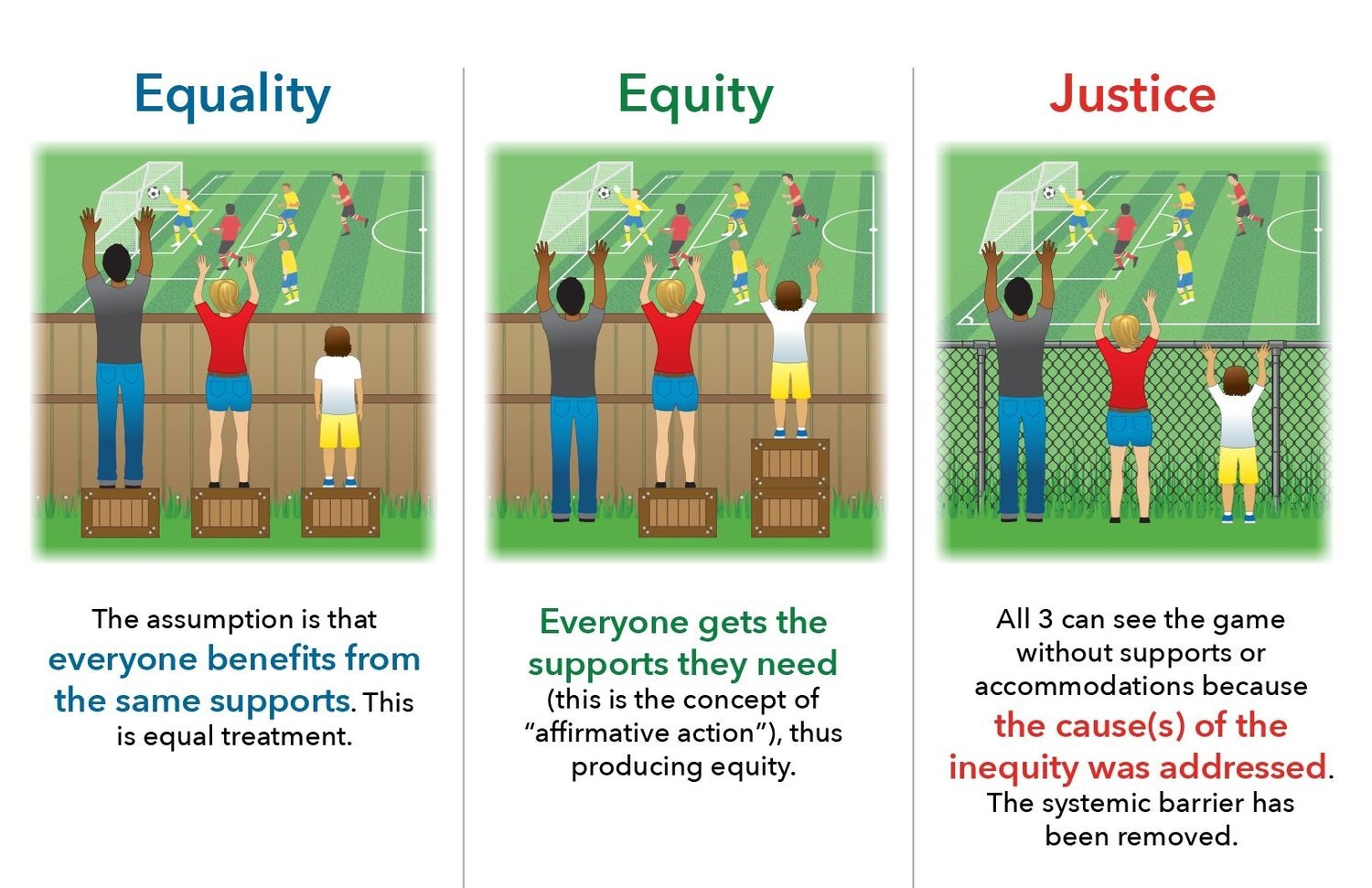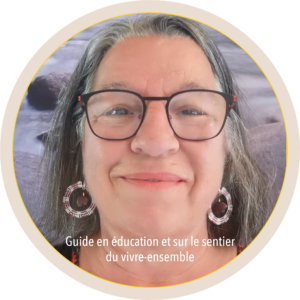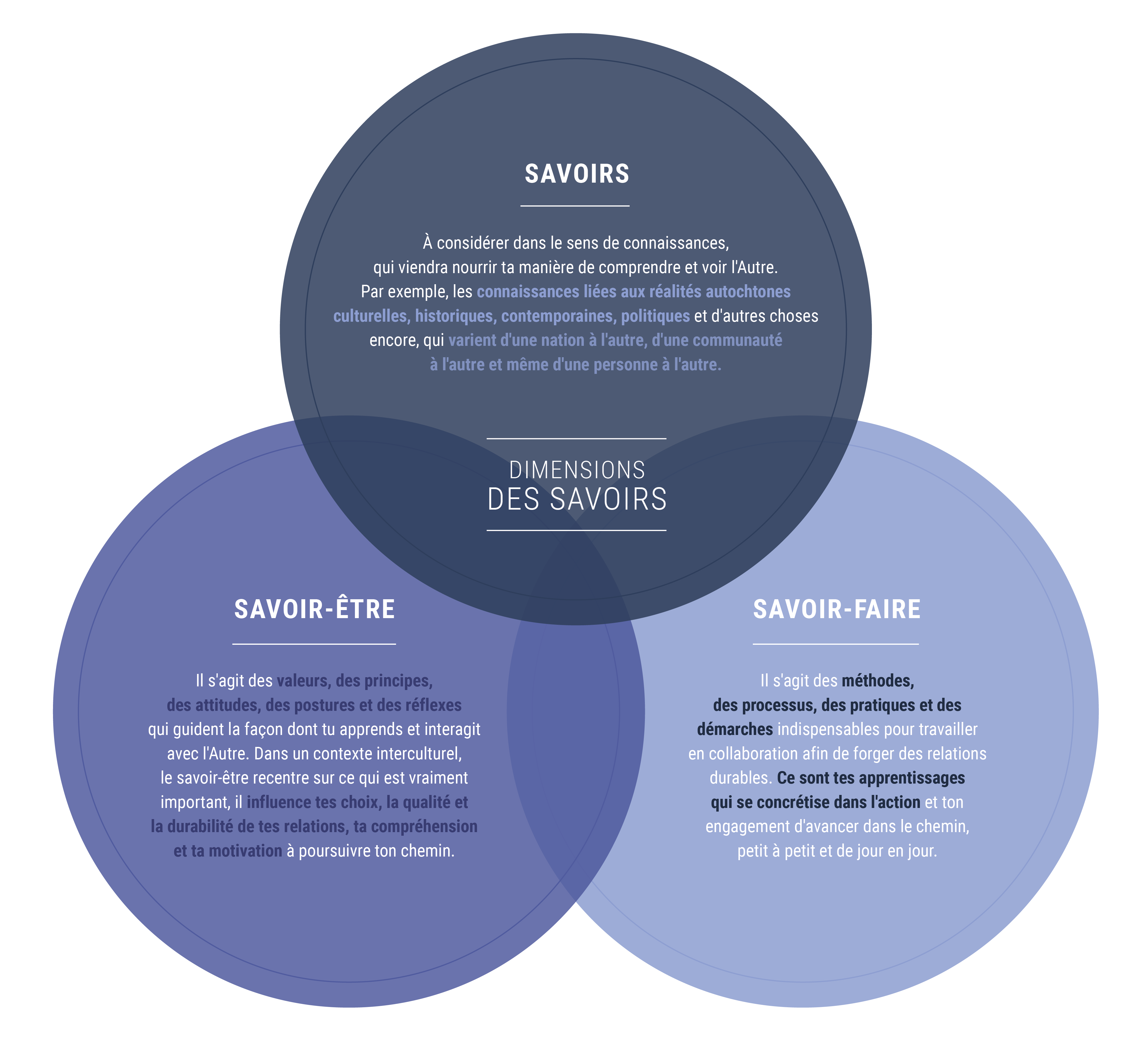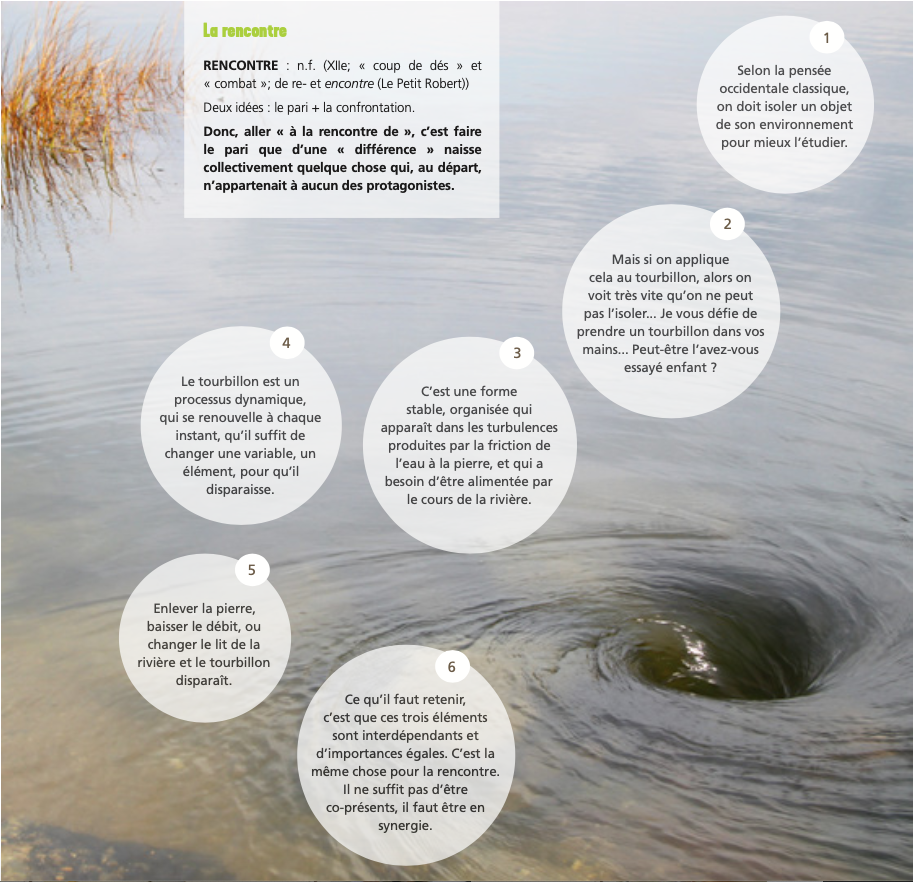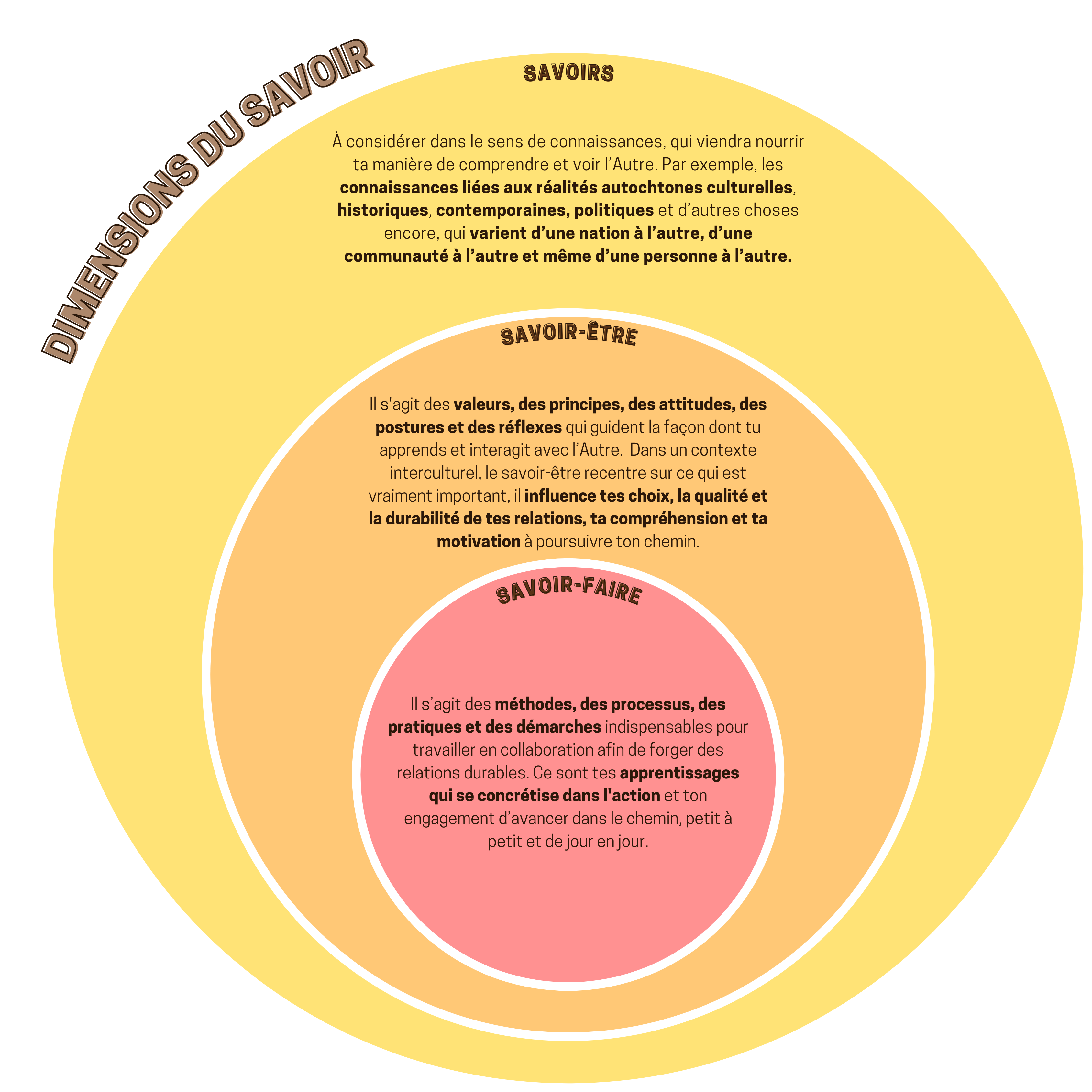Understanding First Peoples Terminology in Quebec
In Quebec, there are 11 nations and 55 communities, including the Inuit and their villages. The terminology of the First Peoples will always be a topic in constant development, as it evolves at the same pace as Indigenous identities transform.
This Xavier Watso video is a good starting point for you to untangle the terminology before delving into the definitions.
Key Terms to Prioritize
First Peoples
This term includes First Nations, Métis, and Inuit in Canada. The term"Indigenous” also refers to the original inhabitants of a territory on an ancestral level.
Metis
This term does not simply refer to a mixed identity. It denotes a group of people with both European and Indigenous roots, who have their own distinct history and cultural identity. The Métis are one of three groups officially recognized in the Canadian Constitution, and they are officially recognized in Alberta, Saskatchewan, Manitoba, British Columbia, and Ontario.
First Nations
The term "nation" refers to families or communities sharing a culture, language, and traditions. First Nations pertains specifically to Indigenous nations but excludes Métis and Inuit.
The term "community" has replaced "reserve," a term stemming from colonization. Communities not only organize groups of First Nations populations but also serve as their cultural centers linked to ancestral territories.
Inuit
This term refers to peoples associated with the northern territories of Canada. The term is already plural. When referring to a single individual, the singular form is "Inuk." Here are some resources that provide further explanation about the Inuit people:
Terms to Avoid
Indian
This term is linked to the Indian Act of 1876 or legal status. Some Indigenous people may refer to themselves with this term because it appears on their identity cards. However, it is not appropriate for non-Indigenous people to use it when referring to an individual or a group of people.
Native
Once again, while some Indigenous people may still prefer this term, it is not usually the ideal term for non-Indigenous people to use when referring to an individual or a group of people.
Aboriginal
This term has been used to refer to the Indigenous Peoples of Canada in the past, but generally refers more to the Indigenous Peoples of Australia.
Learning the Correct Terminology and the Resurgence of Indigenous Place Names in Canada
The use and awareness of correct terminology when referring to a person, group, place or culture shows respect and is fundamental for promoting positive relationships. Indigenous peoples have had numerous inaccurate and discriminatory terms imposed on them by colonizers. It is important for Indigenous peoples to reclaim the accurate terms to describe their identities otherwise the door is wide open for others to label them. Terms can be empowering when people have the power to self-identity
- Mikana. (2021) Guide des terminologies en contexte autochtone
To learn the terminology of the 11 nations and 55 communities in Quebec, you can visit this page.

